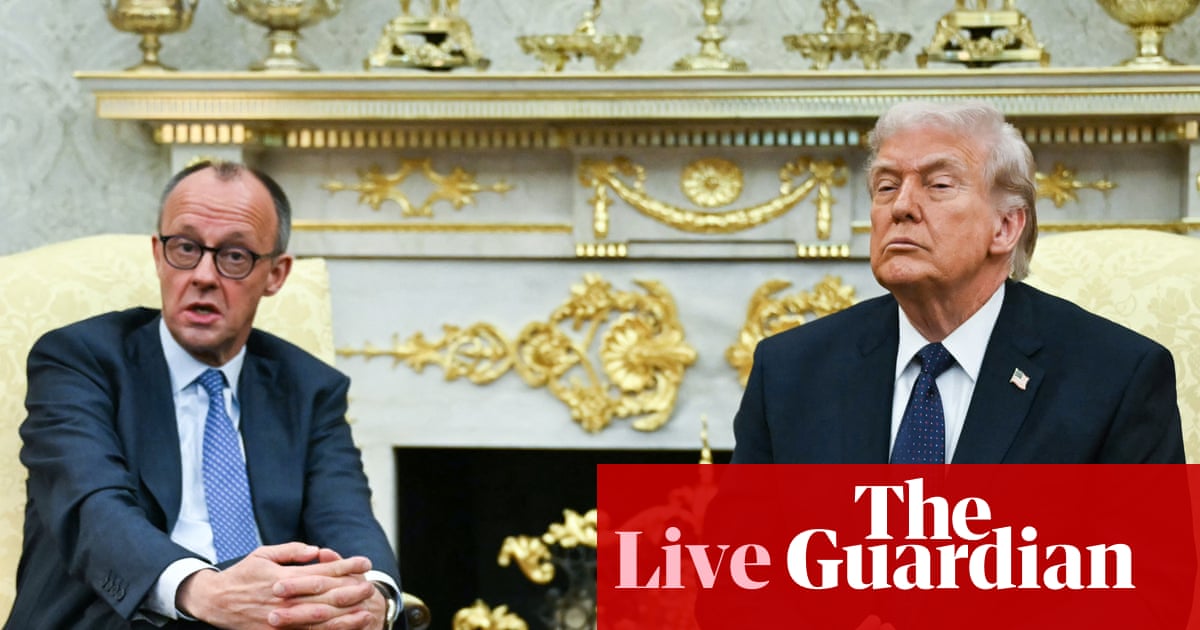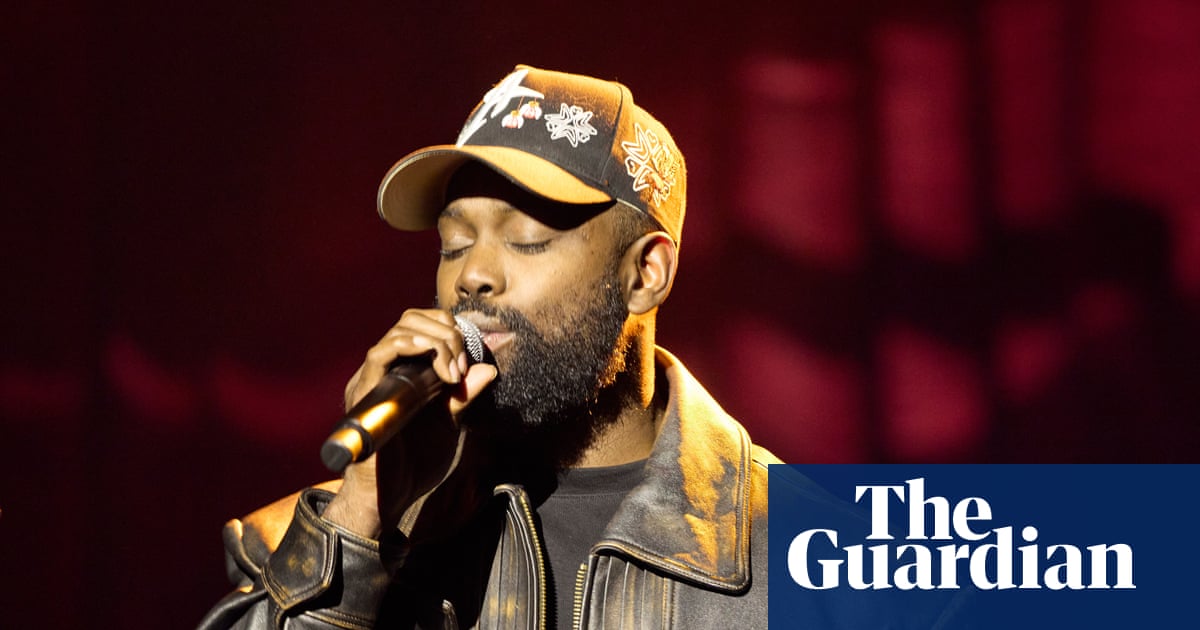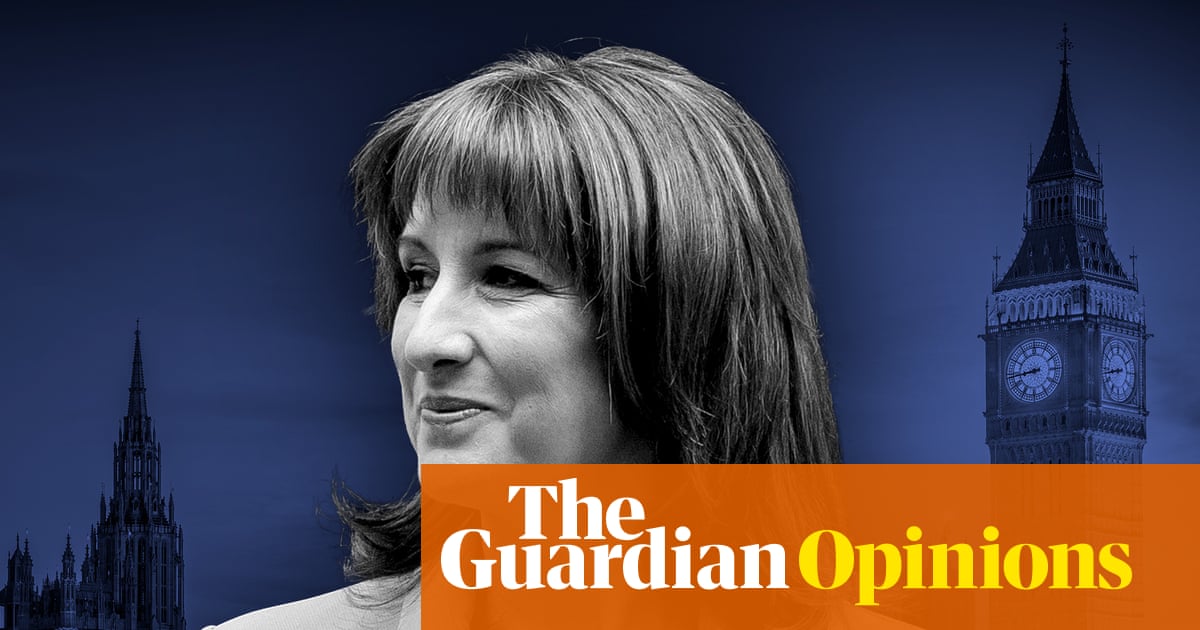When the far-right activist Tommy Robinson emerged from a London courtroom this week after a judge cleared him of a terrorism charge, he gave thanks to the man he said had bankrolled his defense.
“Elon Musk, I’m forever grateful. If you didn’t step in and fund my legal fight I’d probably be in jail,” Robinson said. “Thank you, Elon.”
In the period immediately after Musk’s messy departure from the White House, the Tesla CEO repeatedly suggested that he was done with politics. Investors who had pushed him to refocus on his businesses were delighted. Tesla’s stock rose. The months since, however, have proved that Musk has failed to abandon his political preoccupations. He has done the opposite, veering further into election conspiracies and extreme anti-immigration views.
Musk’s political endeavors since leaving the Trump administration have included leveraging his social media platform as a pulpit to influence New York City’s mayoral race and creating an AI-generated, rightwing knockoff of Wikipedia. In interviews, he has said there is a “homeless industrial complex” of nonprofits ruining California and complained that “it should be okay to have white pride”. On X, he proclaimed that the UK would fall into civil war and western civilization would collapse.
The same day that Robinson extended his gratitude, Musk posted claims that “illegals” were committing voting fraud in the US, retweeted complaints about video games becoming “woke” and called established media outlets leftist propaganda.
The political fixations of the world’s richest man have taken a toll on his businesses. A Yale study published last month found that his divisive rhetoric and far-right political affiliations cost Tesla about a million vehicle sales between his acquisition of Twitter in 2022 and April of this year. Consumer polling found that Tesla’s brand loyalty plummeted over the course of 2025 as Musk’s “department of government efficiency” dismantled government agencies, which included cuts to foreign aid that experts project could result in around 14 million deaths globally.
Musk’s personal approval rating has also sunk to record lows this year, according to multiple surveys. He held the lowest favorability out of 14 major political newsmakers, according to a Gallup poll from August, ranking five percentage points below Israeli PM Benjamin Netanyahu, who is facing charges of war crimes from the international criminal court. A separate Quinnipiac poll in June found that only around 2 in 10 women in the US held a favorable view of Musk.
Yet the social and financial backlash to Musk’s politics has not quelled his public embrace of the far-right, and in characteristically stubborn fashion, he has begun flaunting his affiliations more openly while suggesting that being labeled racist or extremist is now meaningless to him. Tesla’s shareholders have also continued to endorse him. On Thursday, they voted by a huge margin in favor of a $1tn compensation package for him, slated to be the biggest in corporate history.
Insulated from major financial consequences and existing in an online bubble of his own making, Musk has positioned himself as a fixture of the international far-right even after his influence within the Trump administration has waned.
Backing the international far-right
Musk has long maintained friendly relationships with some of the world’s most prominent far-right leaders, ringing in the year with an appearance at a campaign rally for the anti-immigrant Alternative for Germany party. His speech, which came days after he was accused of giving fascist salutes on stage following Trump’s inauguration, drew criticism from Jewish leaders after he told the crowd that Germany has “too much of a focus on past guilt, and we need to move beyond that”.
In recent months, Musk’s affiliations with pro-nativist political movements have gone beyond established parties to direct engagement with far-right activists and influencers via X. Robinson, a longtime anti-Islam campaigner who has previously been jailed for contempt of court after libeling a teenage Syrian refugee, has received special attention.
“It is time for the English to ally with the hard men, like Tommy Robinson, and fight for their survival or they shall surely all perish,” Musk wrote on X in response to a video of a man being stabbed to death. He claimed the same “will happen to all of England if the tide of illegal immigration is not turned.”
In September, Musk appeared via livestream at one of Robinson’s rallies in London to call for the UK government to be dissolved and claim that immigration was causing “the destruction of Britain”.
“Whether you choose violence or not, violence is coming to you. You either fight back or you die,” Musk told the crowd. Downing Street later condemned Musk’s remarks, saying they threatened to incite violence and intimidation.
Musk’s acquisition of Twitter in 2022 has overall been a boon to the UK’s far right. The company’s previous ownership had banned many of the movement’s leaders for violating policies around hateful conduct. Musk reinstated activists from Britain’s most prominent neo-Nazi group and restored Robinson’s account, which had been removed after he posted calls to mass deport Muslim refugees.
Musk has also become the most prominent backer of the fringe UK political movement Restore Britain, with the Texas-based billionaire posting positive messages about its leader Rupert Lowe. Restore Britain published a 113-page policy document earlier this year outlining a plan for the mass deportation of all undocumented immigrants, which suggested using military aircraft to put thousands of people on deportation flights to Rwanda regardless of their country of origin.
Musk’s increasing meddling into UK politics has drawn criticism from the country’s Labour government, as well as anti-hate groups and other establishment politicians.
after newsletter promotion
“Elon Musk is deliberately using his platform to poison our politics and divide our country,” Liberal Democrats leader Ed Davey posted on Thursday. “It’s time for the government to wake up to the threat he poses to our country”.
Creating a right wing bubble online
While Musk has inserted himself into international politics, he has also been busy building out online platforms and tools that advance his conservative worldview. The idea that artificial intelligence would become too “politically correct” and “woke” in its outputs has haunted Musk for years, and he has frequently indulged in futuristic thought experiments to voice his fears.
“If it says everyone must be diverse it means there can be no straight white men, then you and I will be executed by AI,” Musk said on Joe Rogan’s podcast last week, tweaking the famous “paper clip problem”, which theorizes that an AI would decimate humanity to make paper clips if instructed that manufacturing them was its sole purpose.
Musk’s answer to his version of AI’s alignment problem has been to use his xAI artificial intelligence company, which has taken up much of his attention since leaving government, to create products that more closely align with his views. In theory, he’s creating right-wing copies of popular sites and products that function the same way as their originals. In practice, they have malfunctioned. Musk’s attempt to create a more conservative-leaning AI model has led to incidents in recent months like xAI’s Grok chatbot spouting conspiracies about “white genocide” and calling itself “MechaHitler”.
As well as speaking to online allies aligned with him, Musk has also used his social media platform to attack non-profits and politicians he opposes.
Musk was at the center of a campaign last month against the Anti-Defamation League, the US’ most prominent Jewish advocacy organization, which faced rightwing backlash for an article that documented connections between slain conservative activist Charlie Kirk’s group Turning Point USA and extremists. Musk claimed that the ADL “hates Christians” and encouraged murder and shared rightwing influencers’ posts attacking the group. The campaign led to the ADL removing its entire glossary of extremism, which it had previously touted as the most comprehensive resource on extremist organizations and movements.
Musk once again used his platform in the lead up to New York City’s mayoral election, using a paid promotion feature to boost the reach of his post attacking Democratic candidate Zohran Mamdani, crowbaring his tweet into more users’ feeds. On election day, he reposted a series of tweets that misinterpreted the election system and suggested a voting conspiracy was at play.
As an extension of Musk’s pursuit of an alternative information ecosystem, xAI also launched a Wikipedia imitation called “Grokipedia” last month that Musk has touted as superior and free of bias. Researchers have found that it contained a large amount of false information on public figures and events, had copied some entries almost verbatim from Wikipedia and emphasized rightwing narratives about slavery, immigration and trans rights.
An entry on Britain First, described by Wikipedia as a “neo-Fascist party,” referred to the organization as a “patriotic political party”.

 3 months ago
80
3 months ago
80

















































